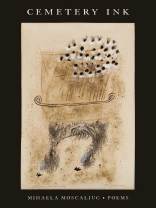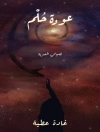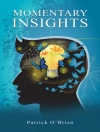In poems of compassion and social justice, Mihaela Moscaliuc probes borders and memory to work through, and further complicate, understandings of belonging—from places (including her native Romania) and histories, to ways of knowing, loving, and grieving. If the wounded populate these poems, so too do goats, black swans, centipedes, dismembered dolls, and wandering wombs. The ekphrastic sequence on Rousseau’s <i>The Sleeping Gypsy</i> honors stories of Roma people while addressing issues of (mis)representation and epistemic violence. As in previous collections, cemeteries become sites of power, holding the living accountable.
<b>The homeless women of Iaşi</b>
So many shouting at no one, disputing
accusations, nodding maniacally,
flogging trees with headscarves—
their pantomimes re-populate
sidewalks with ousted ghosts.
They pose no threat
but we detour cautiously,
afraid their siren voices might awaken
the penal colony in our ribcage.
Über den Autor
<b>Mihaela Moscaliuc</b> is the author of the poetry collections <i>Immigrant Model</i> and <i>Father Dirt</i> and the translator of Liliana Ursu’s <i>Clay and Star </i>and Carmelia Leonte’s <i>The Hiss of the Viper</i>. Her awards include two Glenna Luschei Awards, residencies at the Virginia Center for the Creative Arts, Mac Dowell, and Le Chateau de Lavigny, and a Fulbright fellowship to Romania. She is associate professor of English at Monmouth University.












